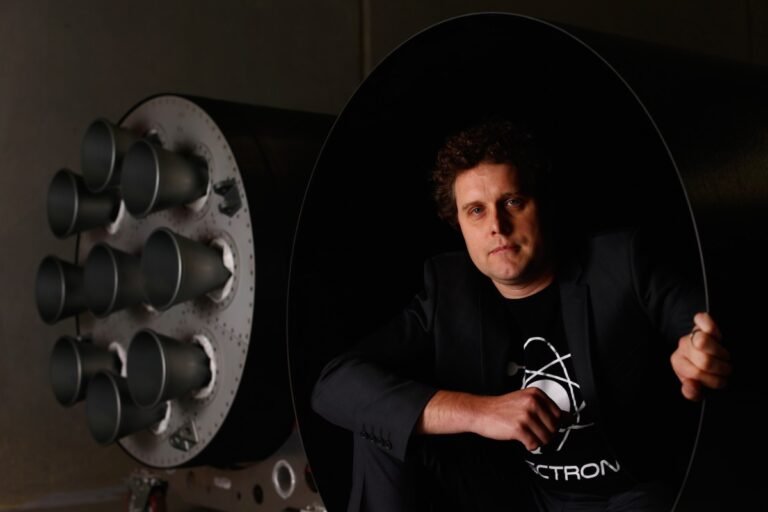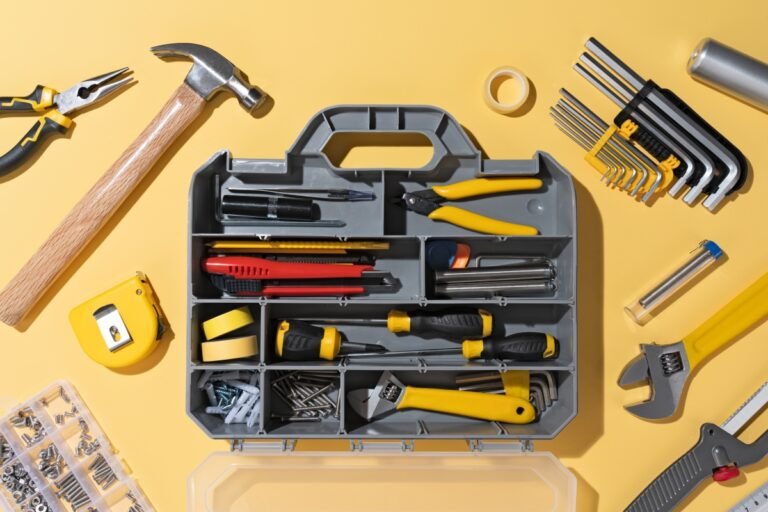
In an e-mail exchange, Babylon Micro-Farms CEO Alexander Olesson tells me “we’ll have these in every school and apartment one day.” It’s a nice vision, and really the level of belief/commitment required to run a startup – particularly in a field as oft-fraught at vertical farming.
With a price point of $6,500, howver, the STEM Garden isn’t likely arriving in too many homes in the near term.
Virginia-based Babylon Micro-farms has long distinguished itself from much of the vertical farming world with its focus on smaller spaces and the new system further shrinks that footprint.
Where previous models were focused on higher ed, the STEM Garden is specifically tackling K-9, which tends not to have as deep pockets.
The STEM garden is up for pre-order starting today and will start shipping to classes in Q2.

A growing roster of vertical AI startups is emerging in Southeast Asia to serve sectors ranging from seafood to finance.
Within verticalized AI, different trends are emerging in each country.
Since funding structures are different in Southeast Asia than the rest of the world, BorderDollar used their own training data to build a credit scoring system.
Building a vertical AI startup comes with its own challenges.
But once a vertical AI startup comes together, Salovaara says they can build a very deep competitive moat.

Hexa, the Paris-based startup studio that recently raised $22 million, is launching a new vertical focused on improving the healthcare system.
Julien Méraud, a senior team member of the French unicorn startup Doctolib, is joining the startup studio .
After a while, startups “graduate” from the startup studio and continue their life as independent companies — Hexa keeps a stake in its portfolio companies.
As Hexa starts to branch out to other verticals, the startup studio is also rethinking its strategy.
For the health vertical, Hexa is not only hiring Julien Méraud.

The Space Development Agency is the mystery customer behind Rocket Lab’s up-to $515 million, 18-satellite order announced in late December, the two firms announced today.
In a regulatory filing from December 21, Rocket Lab said it would “design, manufacture, deliver and operate 18 space vehicles” for an unnamed U.S. government customer.
Under the contract, Rocket Lab will deliver and operate a prototype constellation in two orbital planes of nine satellites each.
Rocket Lab will not be providing the communications payload, and company executives declined to name that provider during a press release Monday.
“We welcome Rocket Lab as the newest member of Team SDA and our third performer on the T2TL- Beta program,” said Derek Tournear, SDA director.

With a $13 million Series A round in hand, Thynk seems to be well on its way to building the definitive enterprise software solution for the hospitality industry. The startup…

Graneet is a software-as-a-service company that focuses on helping small construction companies grow their businesses. Over the past six months, the company has tripled its revenue and continues to add…

FREIGHTIFY has developed a platform that makes it simple to compare airfare prices. The company’s vertical SaaS platform allows freight forwarders to compare airfares from different airlines, and consolidate the…










